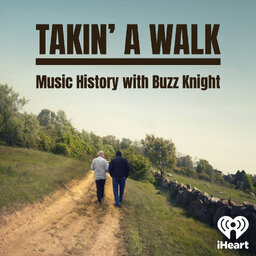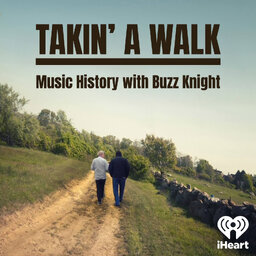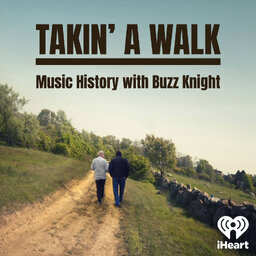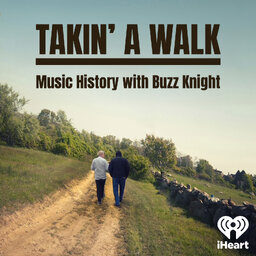"Julian Lennon: Music, Memories and Making a Difference"-Music Legend Podcast
Join @TheBuzzKnight for this intimate conversation with the one and only Julian Lennon. Julian continues to have a remarkable career that spans music, film, photography and philanthropic work. He has a new photography book coming out called "Life's Fragile Moments" which represents a portion of his body of work as a first-class photographer.
Jules shares insights into his creative process as a musician and a photographer, his diverse musical interests and his work with his charity "The White Feather Foundation."
If you have questions contact buzz@buzzknightmedia.com
Find us on Instagram @takinawalkpodcast.
Like this show? Share with your friends and leave us a review here. Review
In 1 playlist(s)
Takin' A Walk - Music History with Buzz Knight
On the Takin’ A Walk-Music History Podcast, Buzz Knight goes deep with American music’s most iconic …Social links
Follow podcast
Recent clips

Join Buzz Knight and Gina Gershon as They Explore Music, Family Bonds, and Creative Journeys on Takin' a Walk
33:46

"Takin A Walk Encore : Daryl Hall-The Voice That Defined An Era"-Inspiring Icon Interview
28:30

Buzz Knight and Harold Bronson: A Walk Through Rock Music History,the Legacy of Rhino Records and Mogan David and his Winos
31:03
 Takin' A Walk - Music History with Buzz Knight
Takin' A Walk - Music History with Buzz Knight